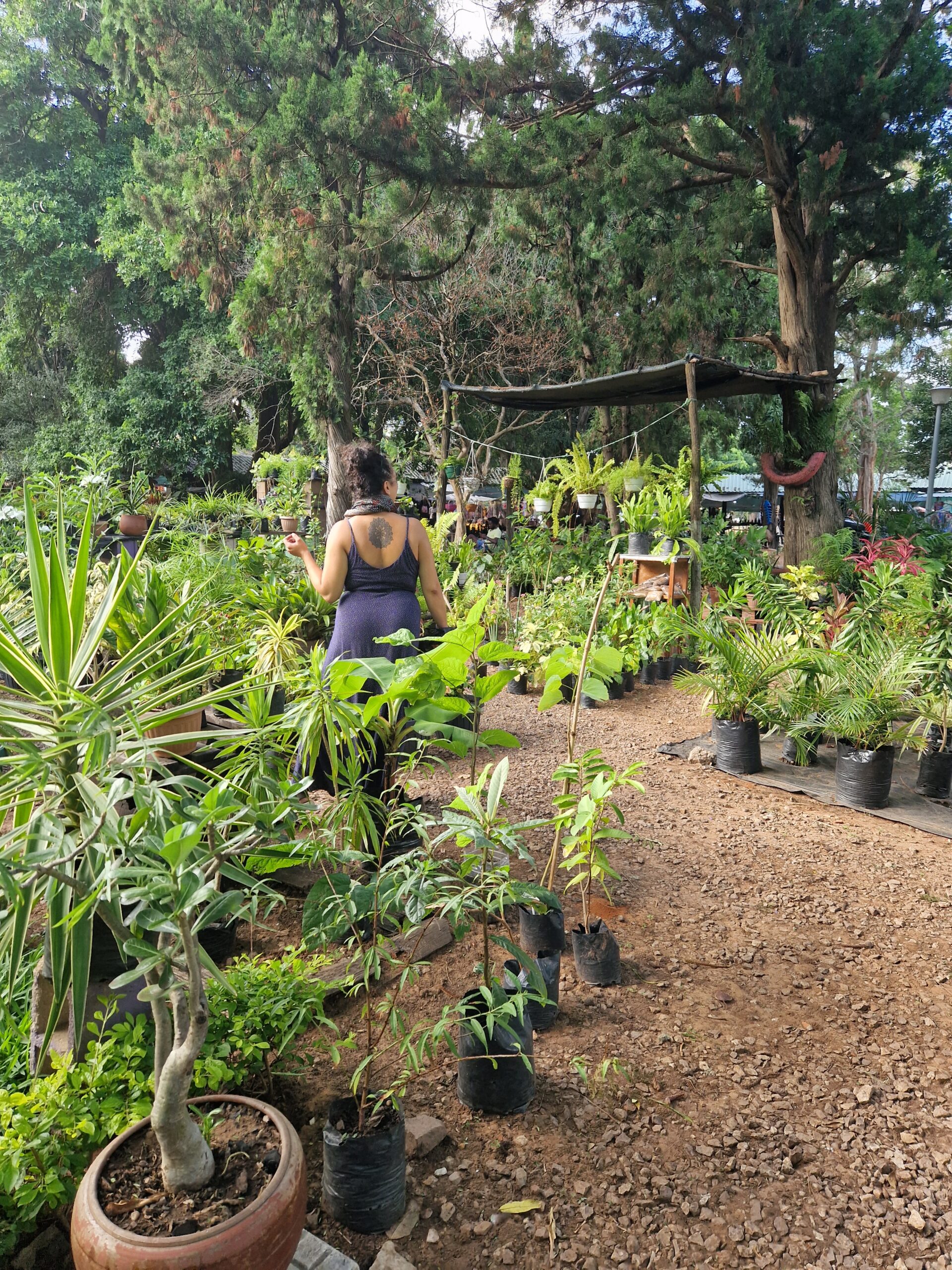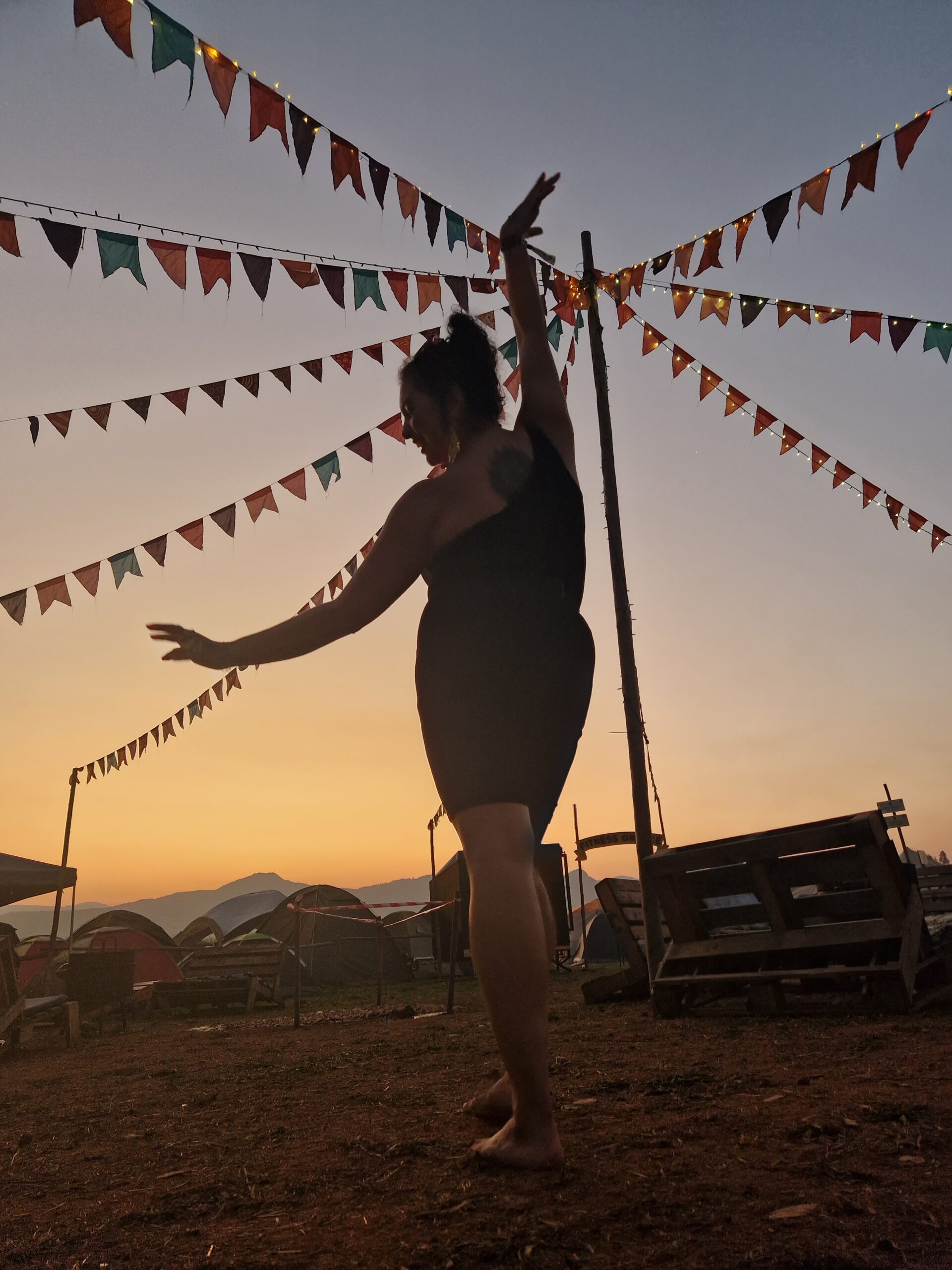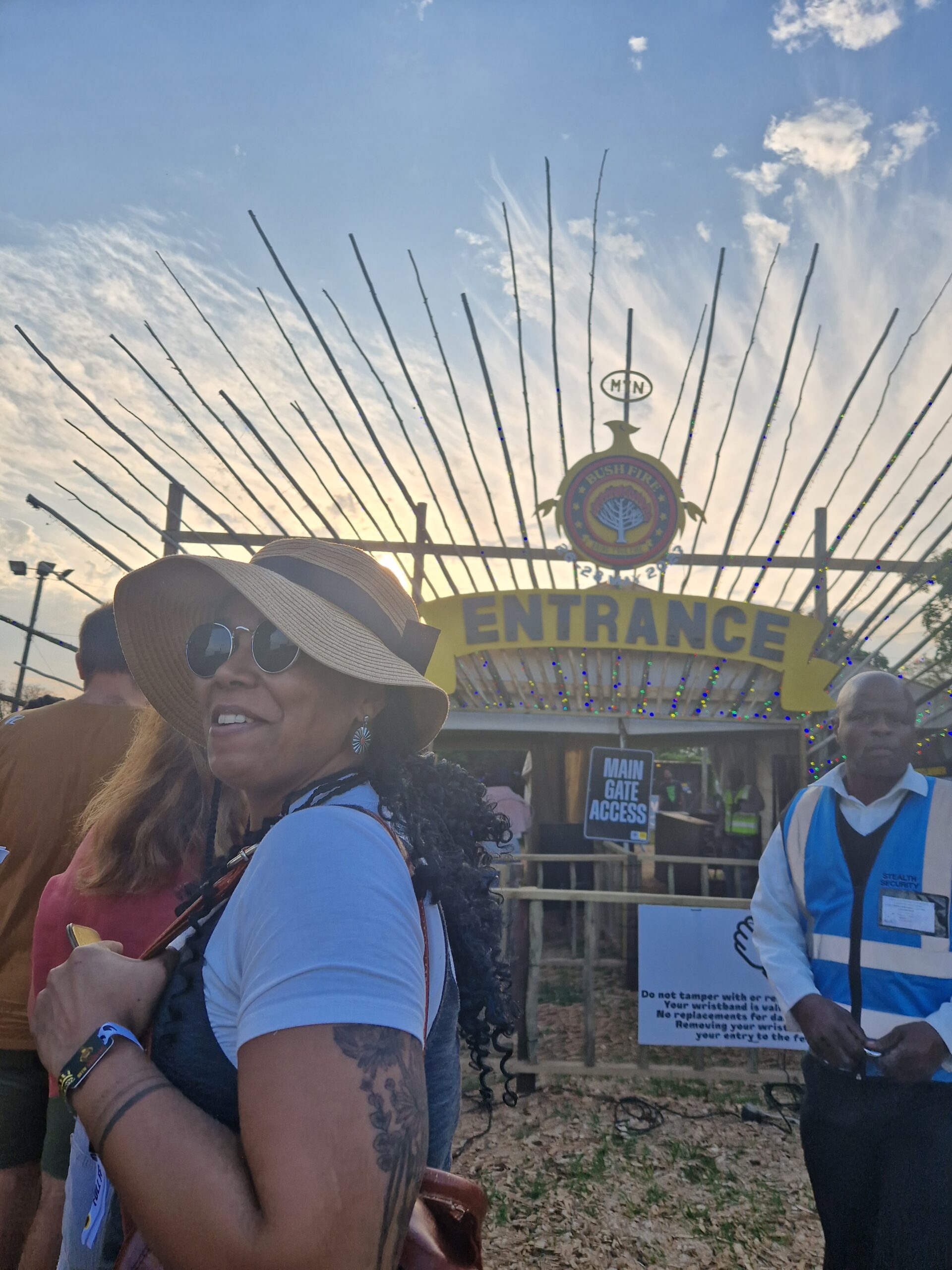
Traveling as a young woman
When I was 21 years old, I did my first solo trip ever. I was flying to South Africa to participate in my friends wedding. It was so exciting! I drew up plans of everything I wanted to do on my own, who I was going to visit and booked everything well in advance. Since then, I have changed How I travel a lot. Now days, I try to leave as much space open for life to happen to me instead of me deciding it beforehand. But some things, I feel never change.
When traveling alone, I have often found myself feeling dependent on the men in my surroundings. Specifically, I feel dependent on their presence when I want to go out at night or explore a non-touristy area. It’s not that I am afraid of being attacked by a stranger, rather it’s a way to protect myself from unwanted advances and conversations that I get as somebody that is visibly a foreigner. As nice as it can be to get genuine compliments and attention, this is not the type of interactions I am referring to now.
Being a white, young woman traveling on my own makes me an easy ‘target’, not just for harmless curious interactions but for people who see mee as a walking money bag or sexual object to attain. That attention can sometimes feel constant and limiting when I travel. Especially when I am out at night in party environments and people are a bit intoxicated, lines can easily get blurry. Unless I am perceived to, so called, belong to another man. Many times people assume that I am together with one of my male friends and I do not correct them since it enables me to be more free from attention.
What is Solo Travel Security?
When I write about Travel Security, what I really mean is freedom of movement regardless of your gender, race, religion, etc. In other words, that I am free to move around, feeling safe, regardless of who I am or how I look. But since it is specifically I, Julia, writing these texts from my experience – freedom of movement is mostly restricted because of my gender. Not by anybody actively telling me not to go somewhere, but rather as a culmination of my internalized security strategies, fears and gender roles in society.
Creating security as a solo traveling woman, in comparison to doing it at home, is no different. The only difference is that when I am traveling, I am often in a completely new context where I don’t know the social codes, cues and norms. This is of course a huge difference and one that makes all of the difference. I just wanted to underscore and underscore again, that this is not a geographically specific text. Even though my examples are from my experiences in Mozambique and South Africa, I would say you missed the point if you think these problems, structures and norms aren’t global.
Creating security is something that I more and more come to believe can only be created together with others. No matter how much the patriarchy tries to teach women that they are responsible for their own safety, my personal experience is that if somebody has ill intent – it will not matter who you texted that you were going where or what shoes you were wearing to be able to run, you will still be in a shit situation that forces you to think and act outside of the security strategies you had prepared.
Despite knowing this, that security is created with others and cannot be created alone, as I travel alone, I still find myself creating strategies to keep myself more safe. Or, maybe I should say, to create the illusion of feeling safer. And all of these strategies rely on me, not on the group or the context, so I understand how contradictory the following text might feel. But that is also quite spot on for how I feel the arguments of female security are; contradictory. Damned if you don’t and damned if you do. So perhaps the following text is less on the security creating act as much as trying to describe the dilemmas women like me face when we navigate spaces on our own.
Travel Security Dilemma
There is a kind of skewed security that comes with “belonging” to a man. I say skewed security for many reasons, one of them being often-problematic dynamic that can be created between me and the man I am relying on. What happens if he confuses his “protective role” with actual flirting? What happens if he expects something in return for his “protection”?
Furthermore, every culture is different. A simple example is time. In Mozambique, I never know when something will actually happen because the said time is seldom the time that is applied. A less easy example to generalize is flirting, boundaries and communication. In some contexts, what I say will be taken at face value. In others, there are hidden expectations in just being you, that are easily missed when you are in a previously unknown context. Which can complicate things when you are out and about solo traveling, often experiencing things solely because you dared to say yes to be included into a new experience.
I don’t like the feeling of dependency, and yet, at the same time, I have not figured out how to be an independent, traveling woman. Meaning, in certain contexts, like at night, I would rather stay in at home, than explore a new city. I am grateful every time I meet a man that can provide me with the freedom that I am yet to understand how to create for myself. I guess, in a sense, I am my own prisoner and liberator. If I could change my perception of risk, or the perception that I have power over it, I would maybe walk the streets at night on my own. But that day has not arrived yet and therefore I have, more than once, found myself dancing after somebody elses tune instead of doing what I want.
Solo Travel Story Time
Naturally, sometimes, the strategy of ‘belonging’ to a man, backfires. Like the night I was at a concert with friends. The local guy friend, who had driven me and another friend around all night, asked to come inside to use the bathroom before he continued driving home after the event had ended. Nemas problemas. We had had a wonderful evening, danced together and met all of Maputo!
When he comes out of the bathroom, he announces that he is too intoxicated to drive home and asks if he can sleep over, saying that the hostel owner always lets him stay the night. Sure, I say, but think it’s rather odd how he suddenly is too intoxicated after not drinking one drop the whole evening. But I am not about to tell a friend to hit the road when they say they are intoxicated. Nor will I tell him to sleep in the car when I have plenty of room and he has driven us around all night. My dorm is empty except for me and since he does this ‘all the time’ I feel it’s rude to say no.
When I show him the extra beds in my dorm room, he protests and tells me that he has no intention of sleeping alone. I want to explain to him that I am not interested in him and here is where it gets tricky. Up until now, this is a person that I’ve been hanging out with almost every other day, it is a key person in the group of friends I have here in Maputo. The only group of friends I have here. If he takes my rejection the wrong way, I risk ending up completely isolated from the group.
There is a saying from Nicaragua that says it is better to be alone than in bad company. But we should not underestimate how hard that actually is to do. Humans are wired to equal social inclusion with survival, it is so human it is instinctual. The fear of exclusion is a powerful mechanism and I remember carefully weighing the consequences of my rejection in my head before speaking that night. My breath slows down and I try to take him in, evaluate how my words will be received.
When I finally do speak, his first response is to say sorry. But then looks up at me and starts saying all the reasons we should. We end up in an absurd back and forth and I feel the knot in my stomach tying itself tighter every time I have to reiterate my no. It makes me uncomfortable trying to balance being clear and at the same time not hurting his ego. I don’t know if he is embarrassed by my rejection or what, but after some back and forth, he lies down on one of the beds, turns his back towards me and stops responding.
Five minutes later I feel a flash of anger as I look at him sleeping peacefully. He doesn’t realise or care about the uncomfortable predicament he has put me in. He is no longer a friend crashing over at a friends place. I feel like he first ensured that he could sleep over and then ambushed me with his real intentions. Honestly, it feels manipulative and it pisses me off. I toss and turn, my anger going to worry and back again.
Listening to my own thoughts makes me angry too. Why should I be the one awake, worrying? This is my room. If I am not comfortable with him in it I should just throw him out, right?! But I won’t. I know I’d feel too guilty about throwing a supposed friend out on the street in the middle of the night. On the other hand, making me feel this uncomfortable is not giving me friendly vibes… why do I feel like I owe him to not be rude, to be nice, when he does not return the consideration?
I decide to go wake the night receptionist up and ask for another room to sleep in. I start feeling stupid over how naïve I had been. I should have seen the intentions of the guy and protected myself from it. As soon as I catch myself in that train of thought I stop myself. The habit of policing my own behavior in any kind of situation when blame is to be assigned is probably the patriarchy’s most successful control mechanisms. One of them at least. One that I am actively unlearning, a little bit every day.
It bothers me how dependent I am of men I meet. It bothers me that he just fell asleep, and I was left doing a risk analysis of the social consequences the situation may have for me. Que merda. What a shit show. He probably doesn’t even give the situation a second thought beyond the fact that I turned him down.
What happened here is not something that is unique for Mozambique in any way. The many safety contradictions that women have to navigate is, in my experience, something very global. Even at home in Sweden, when I am in my own known arena, I experience these types of dilemmas. The difference is, when I travel solo, I am completely without context and community of my own, leaving me more vulnerable to these situations.
When we see each other in the morning, it’s slightly awkward as we both pretend that everything is fine. I suppose that he is embarrassed over getting rejected. Personally, I am just relieved that he doesn’t seem angry or too butt hurt. From now on I’ll be taking the cab home, always. This is not independence.







